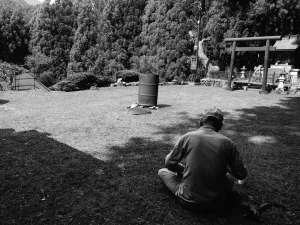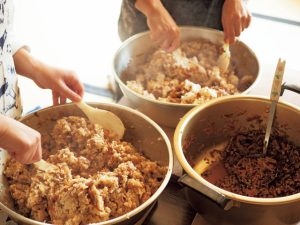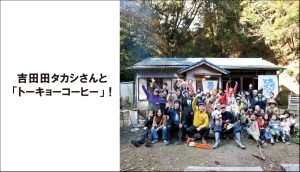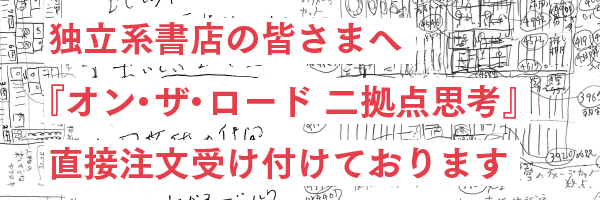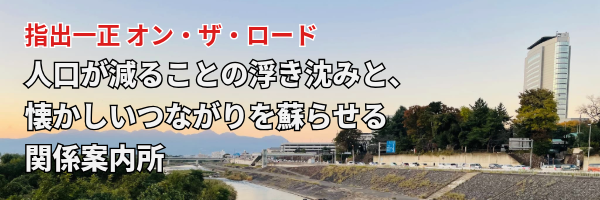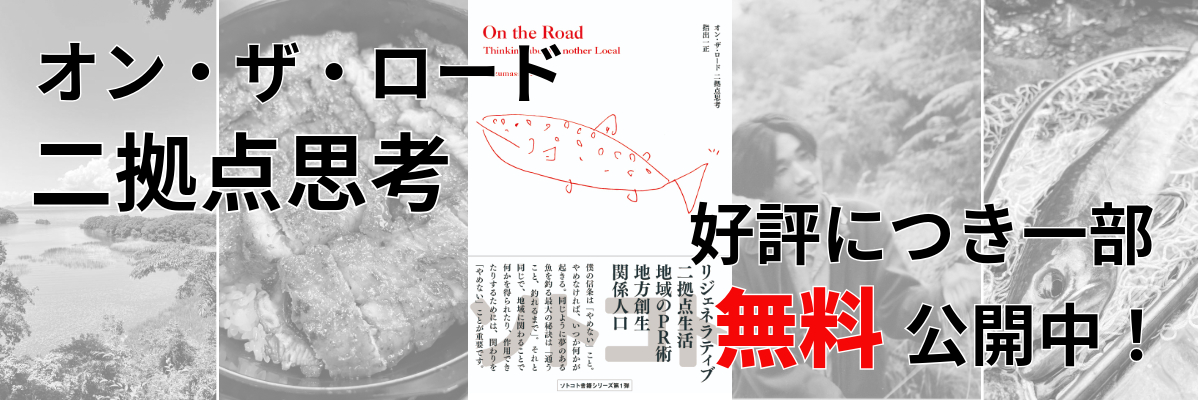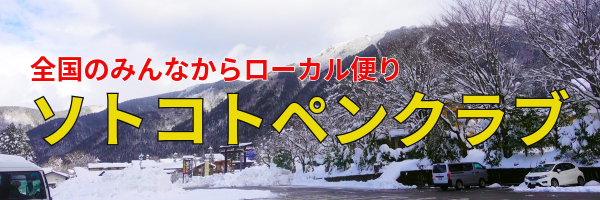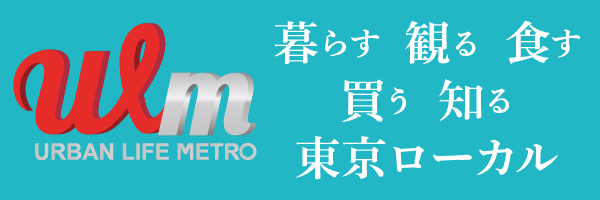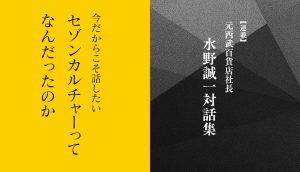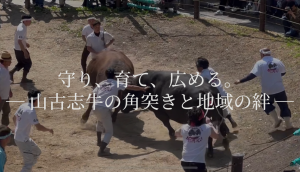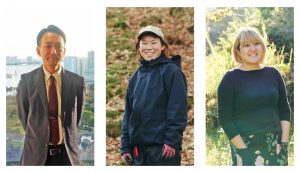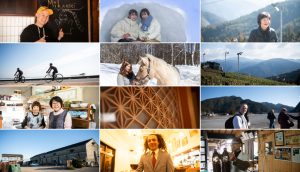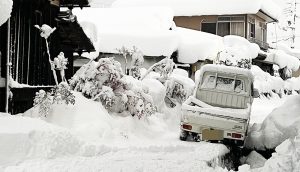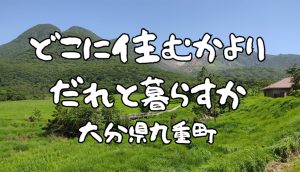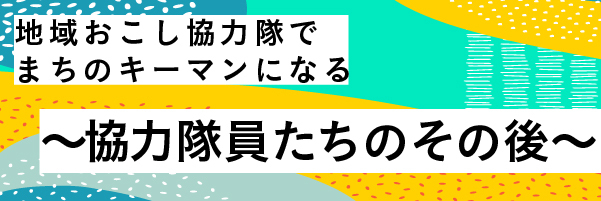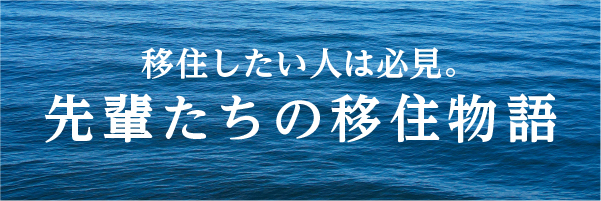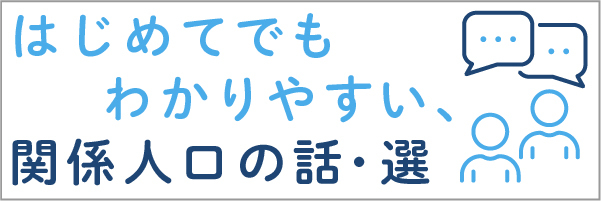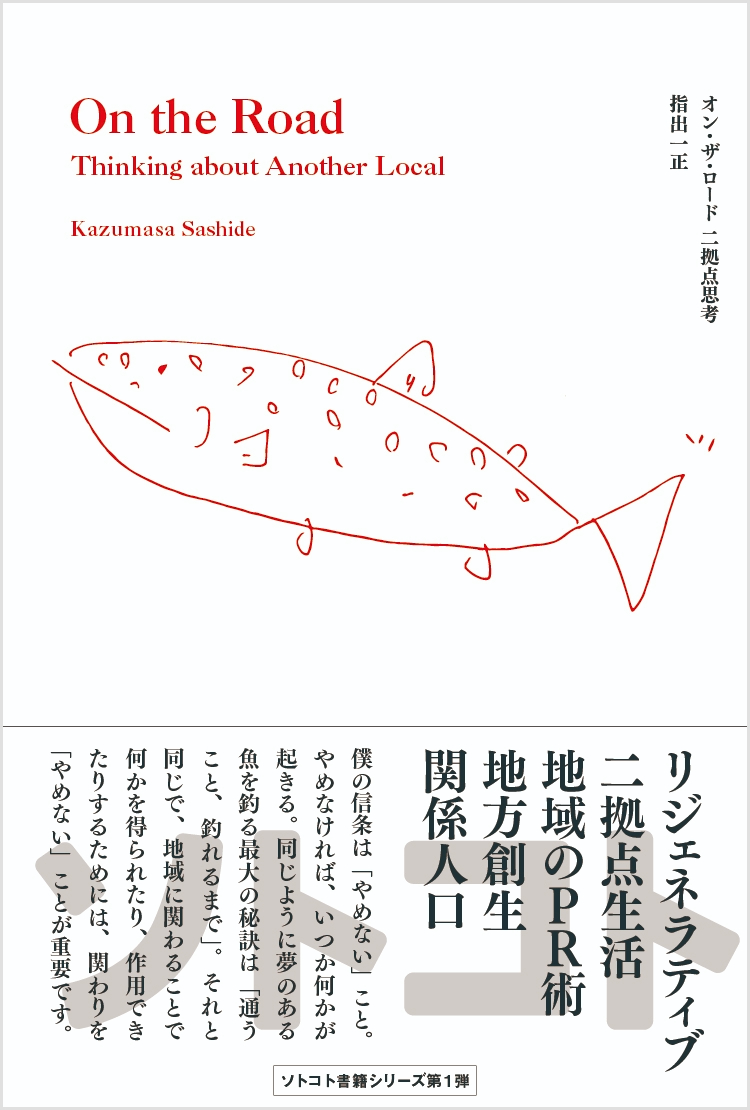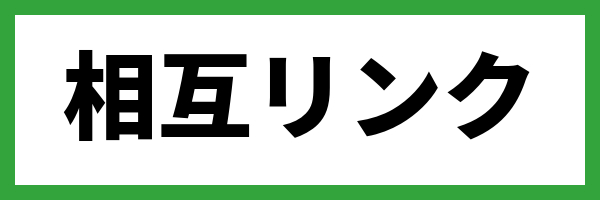毎月1日の朝から、川上村上多古地区の7人は大年神社を掃除する。6月1日、僕は神社までの長い階段を上り、7時半に人影のない境内に着いた。キャップと手作りのマスクを取り、鳥居の下で参拝した。僕はキビタキの賑やかな囀りや境内に差し込む木漏れ日を楽しみながら、杉の落ち葉を拾い始めた。あとの人たちは階段やモノレールでぼちぼち上ってきて、みんなで掃除の作業に取り掛かった。区長は本殿の供え物について教えてくれた。先月供えた塩がそのままで高杯の皿に残っていたが、お米の高杯が空っぽだった。山の猿かほかの動物が食べに来たのだろう。僕は両方の高杯を手水舎で洗ってから、小さな山になるようにお米を高杯に盛り、塩をもう片方の高杯に同じように盛った。それらを榊と一緒に本殿に供えた。
おばちゃんたちは地面に膝をつき、落ち葉を集めて、境内のドラム缶で燃やした。区長は藪の長い枝を鎌で切り、山の空き地に放った。僕は境内で伸びてきた雑草を草刈り機で満遍なく刈った。そのうち、最年長のおっちゃんは杖を使いながら長い階段を上ってきた。彼は鎌を出し、区長と一緒に枝切りをした。30分ほど作業をしてから、みんなの顔で溜まった汗が朝の日差しを受けて光っていた。
掃除が終わったら、おばちゃんたちは社務所のベンチに座り、ジュースとお菓子をみんなのために用意した。僕とおっちゃんたちは古びた木挽き台を出し、それらに腰をかけた。最年長のおっちゃんは木挽き台に座らずに、日陰でゆっくりしゃがんで、境内の軟らかい地面に気持ちよさそうに座った。みんなはマスクを取り、ジュースとお菓子をいただきながら、いつもの雑談をした。
「エリックさん、馬が歩いていました。馬は西に向いていました。馬の尻尾はどっちに向いていましたか?」と、区長は突然僕に聞いた。僕は普段どおり騙されるかなと思い、よく考えたけど、「えー、東?」と答えてみた。区長はあっさりと言った。「尻尾が下に向いていました!」と。
今年、新型コロナウィルスのことがあって、イベントが中止になり、近所の人と集まる機会がなくなったけど、神社の掃除が毎月続いている。マスクをして、安全な距離を守りながら、一緒に汗をかいたり笑ったりすることによって、僕らはいつもの「普段」を一時的に取り戻せた。時間が短くても、僕らの心が今年の春に欠けていた要素と再会することができた。これから世界がどんな風に変わるかに関係なく、神社の木々が伸び、境内が落ち葉に覆われ、猿たちがお米を食べに来るのだろう。そして、僕らは来月もまた、その長い階段を上る。
In the Shade of the Shrine
The morning of the first of every month, seven of us in Kawakami Village’s Kodako district clean Otoshi Shrine. On June 1st, I climbed the long steps up to the shrine, and arrived at the shrine grounds at half past seven without a person in site. I took off my hat and handmade mask, and paid respects to the shrine under the torii gate. I took in the lively songs of the narcissus flycatchers and the light spilling through trees onto the shrine grounds as I began picking up fallen cedar leaves. Whether by steps or by monorail, other people soon made their way up, and we all worked on cleaning the shrine. Our community manager showed me how to prepare the offerings to the main shrine. The salt we had offered the last month was still there in the raised dish, but the dish of rice was now empty. It had probably been eaten by monkeys or other animals from the forest. After washing both dishes in the shrine’s water basin, I poured a small mountain of rice into one dish, and did the same with the salt in the other. We offered those along with the sakaki branches to the main shrine.
The older women knelt down to the ground, gathered fallen leaves, and burned them in the shrine’s drum can. Our manager cut the long branches of a bush with a sickle and tossed them into an empty area of the mountain. I used a weed wacker to cut all of the grass that had grown tall on the shrine grounds. Soon, our most senior man arrived, using his cane to climb up those long steps. He took out his sickle and joined our manager in cutting branches. After about 30 minutes of work, all of the sweat that had gathered on our faces glistened in the morning sun.
When the cleaning was finished, the older women sat on the bench outside the shrine’s shed, and prepared juice and snacks for everyone. The older men and I pulled out some old saw-horse stands and sat on those. Our most senior man didn’t sit on any of those, instead slowly bending down in a shady spot, and sitting comfortably on the soft shrine grounds. We all took off our masks, and had the usual chat while partaking in the juice and snacks.
“Eric, a horse was walking. The horse was facing west. Which direction was its tail pointing?,” our manager asked me out of nowhere.
I thought I might be getting tricked as usual and gave it a lot of thought, but answered, “Umm, east?”
“The tail was pointing down!,” he said matter-of-factly.
With concerns over COVID-19 this year, many events were cancelled and we didn’t have any chances to gather with our neighbors, but this monthly cleaning of the shrine continued. While wearing masks and keeping a safe distance from one another, sweating together and laughing helped us temporarily recover our usual sense of “normalcy”. Even if it was just for a short time, we were able to reconnect with an element that had been missing from this year’s spring. Regardless of how the world changes going forward, the shrine’s trees will grow, the grounds will be covered with fallen leaves, and the monkeys will probably come to eat the rice again. So we too will climb those long steps again next month.





